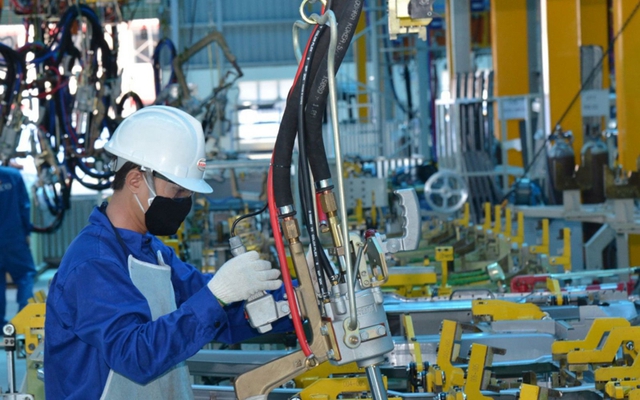Viet Nam’s PMI rebounds despite new U.S. tariff policy
VGP - The S&P Global Viet Nam Manufacturing Purchasing Managers' Index (PMI) posted 52.4 in July, up from 48.9 in June.

Viet Nam's PMI goes in in July
The index pointed to a strengthening in the overall health of the manufacturing sector. In fact, the solid improvement in business conditions was the most marked for almost a year.
The Vietnamese manufacturing sector returned to growth in July as a renewed expansion in new orders supported a faster rise in production. This was despite further export weakness as a result of tariffs. Purchasing activity also increased, while employment neared stabilization.
The improvement in operating conditions coincided with a return to growth of new orders in July.
New business expanded for the first time in four months, and at the fastest pace since November last year amid reports of customer demand strengthening. Some respondents highlighted the negative impact of U.S. tariffs on new order growth. In fact, new business from abroad continued to fall as a result of tariffs, extending the current sequence of contraction to nine months.
Andrew Harker, Economics Director at S&P Global Market Intelligence, said: "July PMI data suggested that the Vietnamese manufacturing sector is getting back on its feet following the disruption caused to operations by the U.S. tariff announcements in recent months".
Although tariffs continued to cause reductions in new export orders, firms were able to secure enough business elsewhere that total new orders returned to growth.
A key feature of the latest survey was the impact of difficulties sourcing raw materials. Firms linked this to widespread supplier delivery delays, declining stocks of purchases and building cost pressures. If material supplies continue to cause issues in the months ahead then businesses may see limits to the growth rates that can be achieved by the sector.
The pace of output price inflation also quickened in July as firms passed on higher input costs to customers. Here to, the rise was the sharpest in seven months./.

